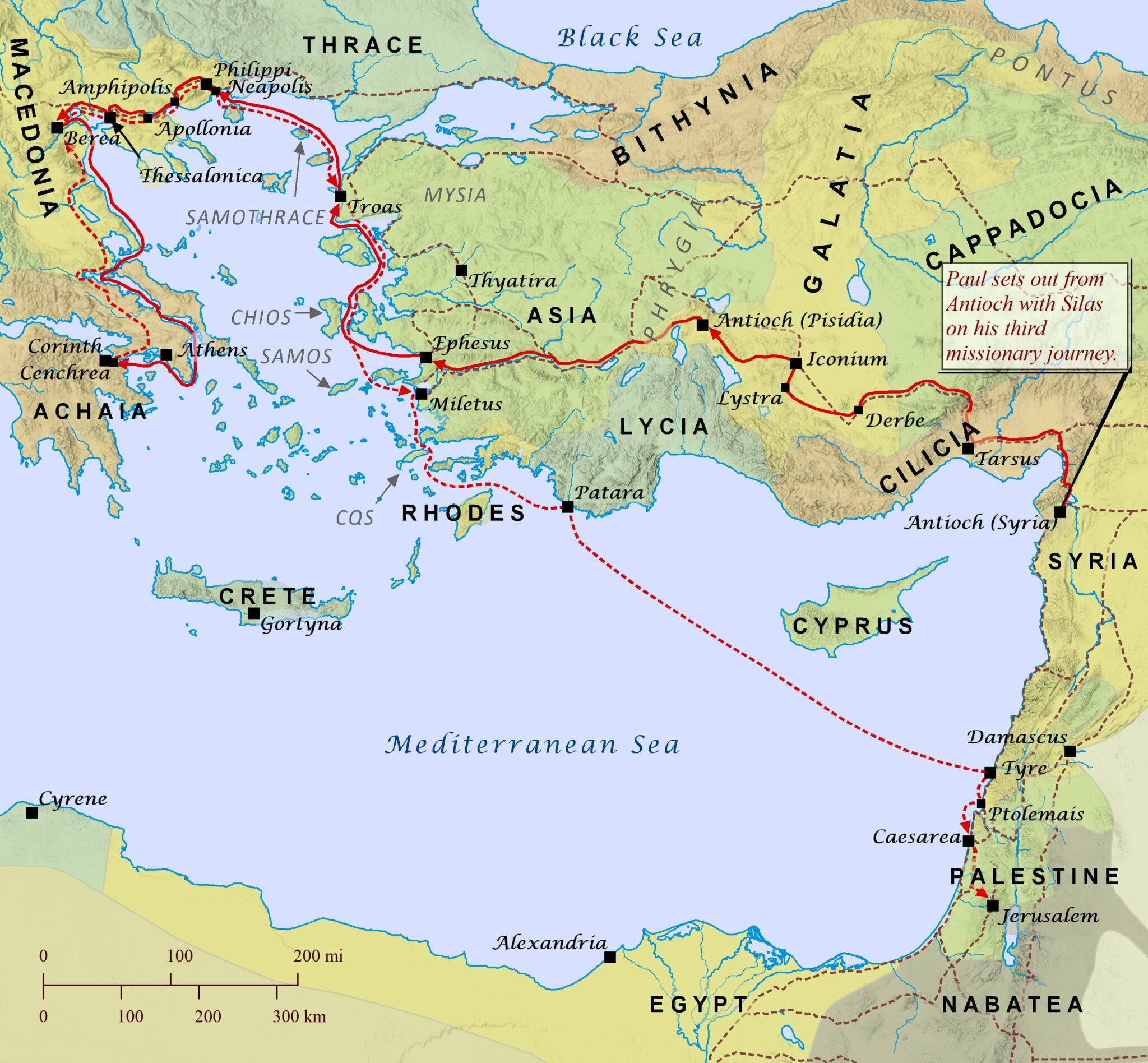Obeying the law means paying our taxes. We need to pay what we owe to those in charge of us, both money and respect.
Paul gives an example of a law to obey: For because of this you also pay taxes (v 6). We should pay taxes. Remember, rulers are servants of God (v 6), they are acting on God’s behalf devoting themselves to this very thing (v 6), as justices and lawmakers and peacekeepers. With the perspective that God is above our government, we should obey the law. We should pay our taxes and show respect to officers of the law, judges, and elected officials.
Romans is about living righteously by faith. If we are law-abiding, tax-paying, well-behaved citizens, we are living as God designed for us to live, obeying Him by obeying our governing authorities, and living in harmony with others. We are to render to all what is due them: tax to whom tax is due; custom to whom custom; fear to whom fear; honor to whom honor (v 7).
A custom here likely refers to a toll or tariff. The term fear is in context of an authority—caring what they think and giving heed to the consequences they can bring to bear upon you. We are supposed to recognize authorities that can create consequences for us and pay them appropriate heed. The Greek word translated honor can also be rendered “price.” The idea seems to be to value authorities, to give them appropriate attention.
Respecting the law and legal authority is part of bringing righteousness to a community, state or nation. Righteousness means harmony with others in our community. The Greek word translated “righteousness” in Romans, “dikaiosune,” is also properly translated “justice.” Justice occurs when everything in a community is lined up with laws that support freedom and harmony. The government’s job is to address those who are creating disharmony, such as robbers and murderers, and prevent their actions from disrupting citizens’ ability to live together constructively.
When God set up the nation of Israel, He established it as a self-governing nation under the rule of law. He entered a covenant (or treaty) with Israel, which the people of Israel voluntarily agreed to (Exodus 19:8). The covenant contained His laws, which Jesus summed up as loving and giving respect to God as the ultimate authority and loving our neighbor as ourselves (Matthew 22:37-39). When we walk in the Spirit we fulfill the Law (Romans 8:4).
Biblical Text
6 For because of this you also pay taxes, for rulers are servants of God, devoting themselves to this very thing. 7 Render to all what is due them: tax to whom tax is due; custom to whom custom; fear to whom fear; honor to whom honor.
Check out our other commentaries:
-
Hebrews 6:19-20 meaning
Jesus is the only priest we need. Like Melchizedek, He is both king and priest, eternal, righteous, who brings peace and blessings. He is the...... -
Luke 4:42-44 meaning
After a day and night of healings and deliverances from demon-possession, Jesus retreats from the crowds in search of solitude. He tells them that He...... -
Amos 6:1-3 meaning
Amos warns the preeminent leaders of Israel and Judah against their false confidence of security and urges them to learn from what happened to three...... -
Matthew 22:15-22 meaning
The Pharisees send spies to trap Jesus into saying something against Rome. They bring along some pro-Roman Herodians as conspirators in their plot. They ask...... -
Deuteronomy 22:22 meaning
Moses condemns adultery. If a man has sexual intercourse with a married woman, both of them shall die.......



